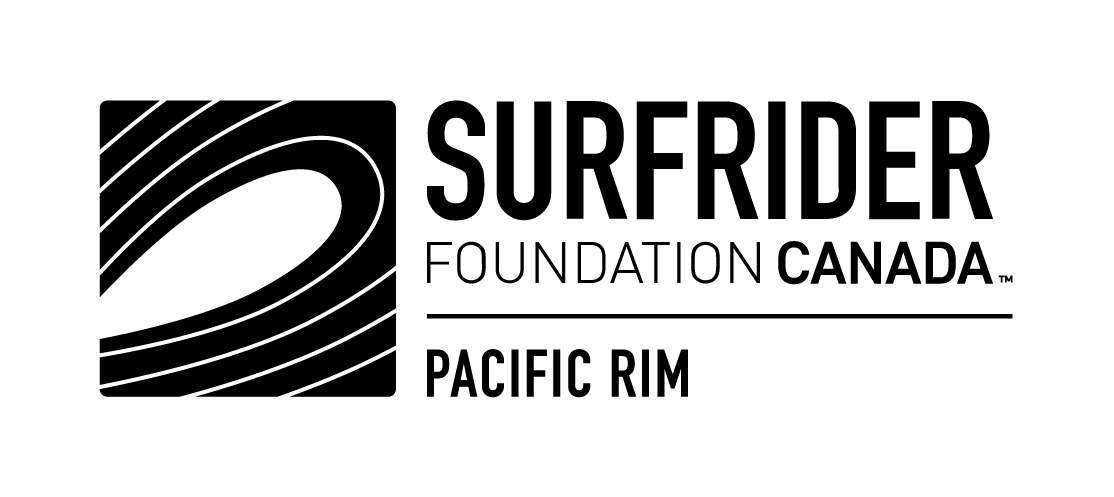Intersectional Environmentalism
By Katrina Forrest, Surfrider Pacific Rim’s Zero Waste Expert
Being an environmentalist has been a lifelong endeavour for me, but like all lifelong endeavours, it has taken on new meaning and become more complex as my understanding grows. I now see that mainstream environmentalism is often a movement of privilege and because of this, the movement has excluded a diversity of voices, and at times, has resulted in more social and environmental issues. It is a movement primarily made up of people who are safe and secure enough in their lives that they have the time, energy, and ability to concern themselves with the world at large. Not just with the big things, like the safety of their families and communities, but the little things too. Perhaps the most notable inadvertently performative environmental movement is that of the plastic straw.
It’s nothing new to hear about how straws are clogging up our waterways and causing harm to wildlife and the environment. The microplastics from straws and other plastic items can now be found in the most remote places in the world, floating in the air, drifting through the water, rooted in the dirt, and in all sorts of living organisms as well. Every piece of unnecessary plastic we turn away helps to solidify a rhetoric of mindfulness and stops waste from flowing into waterways.
Although every change we make as consumers counts, the problem stems from large corporations who benefit from subsidies, yet are not held accountable for the socio-ecological impacts of their products. These corporations are making money by externalizing the costs of their business, seen as the tolls on human health and the health of the environment which affects everyone, but it affects marginalized people more than others.
Those most affected by social and financial adversity are also most affected by climate change and environmental degradation. That is what defines intersectionality: marginalized people facing multiple disadvantages affecting their safety, health, financial security, and freedoms. In the United States, it’s as clear as seeing red from blue along the gerrymandering line. In Canada, it’s a bit trickier to spot if you’re not looking. Luckily, many Indigenous, Inuit, and Metis communities are doing the difficult work of making Canada take notice with press and protests.
Many Indigenous communities across the country still don’t have potable water and rely on bottled water to live. This exemplifies how environmentalism is a privileged movement. People who have to worry about basic needs and rights have to focus on basic needs and rights, whereas those, like myself, who have never had to think about those pressures, can focus on other concerns. Those with the ability, need to focus on basic rights and freedoms of all people so that everyone has the ability to take a breath and make the choices that are right for them. The rest must be concerned with helping themselves, their families, and their communities. Surfrider has made considerable headway reducing single-use plastic consumption through many campaigns, but reducing unnecessary single-use disposability cannot be confused with villainizing those who rely on single-use resources to survive.
The crucial aspect to remember is that just because I have the option to remove single-use disposable items from my life doesn’t mean I should hold those same expectations to others. I need to use my privilege, not only to reduce my waste, but to change the systems creating waste, and causing harm to marginalized communities.
At Surfrider we believe in equity for all people and communities. We want companies to take responsibility for the damage their products and packaging cause, and better yet, we want to see companies making regenerative products that don’t cause socio-ecological damage. We are striving for a world where everyone has the time and freedom to stand up for what they believe in.
